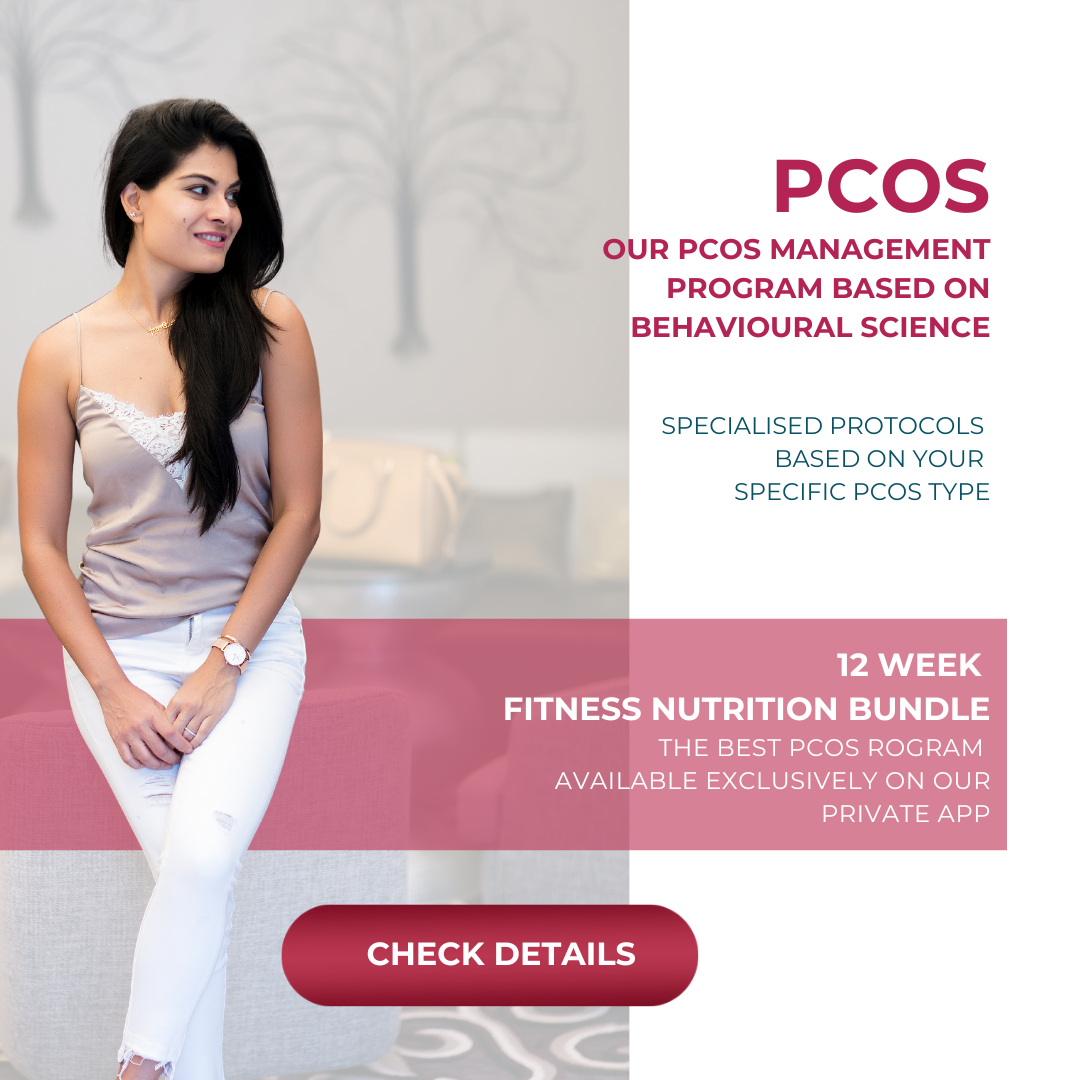How much Sunlight do you need ? and Why ?
The Sun, Vitamin D and You - A Simple Guide for Optimal Health
Are you surprised to know that even in sun-kissed India, many people still lack adequate vitamin D?
The Truth About Vitamin D: Why Sunshine Isn’t Always Enough
When we think of sunshine, we picture warmth on our skin, bright mornings, and a sense of energy. What gets overlooked is the role that it plays in our body’s natural production of vitamin D. Even in a country like India, where sunshine is abundant, vitamin D deficiency is common. That might sound surprising, but research shows that simply living in a sunny climate isn’t enough.
A fascinating study from southern India helps explain why vitamin D deficiency is so widespread, and what we can do to improve our levels. Let’s break it down together in simple terms.
Struggling with Low Energy?
Our experts can help you fix hidden deficiencies like Vitamin D and optimise your health.
Chat with Us on WhatsAppWhy Vitamin D Matters
- Bone health: It helps the body absorb calcium and phosphorus, the building blocks of strong bones.
- Immunity: It supports your immune system, making it easier to fight off infections.
- Muscle strength: Adequate vitamin D can reduce the risk of falls and fractures by keeping muscles strong.
- Mood and energy: Some studies suggest a link between vitamin D deficiency and low mood or fatigue.
For women managing busy routines, motherhood, or fitness journeys, getting enough vitamin D can make a noticeable difference in energy, recovery, and overall wellbeing.
What the Study Looked At
The research was conducted in Tirupati, South India, where scientists wanted to measure how much vitamin D the body could potentially make from sunlight at different times of day and in different seasons.
Instead of testing directly on people, they used small vials containing a substance similar to what exists in human skin. These vials were placed outside between 8 a.m. and 4 p.m., and researchers measured how much “previtamin D” was formed. Previtamin D is the first step your skin makes before it turns into active vitamin D.
Key Findings You Should Know
- Morning hours (before 10 a.m.): Even if the sun feels bright, the UVB rays aren’t strong enough, so vitamin D production is very low.
- Midday (11 a.m.–2 p.m.): This is the golden window for your body to make vitamin D. The conversion rate was highest across all seasons.
- Afternoon (after 3 p.m.): UVB levels fall again, so production slows down.
The study also showed that seasonal changes, cloudy skies, and air pollution all affect how much vitamin D your body can produce. Even in summer, if the air is smoggy or overcast, your vitamin D output can drop significantly.
Other Ways to Support Vitamin D Levels
Diet
Fatty fish, fortified foods, and egg yolks help boost vitamin D intake.
Supplements
If deficient, your doctor may prescribe supplements based on blood tests.
Lifestyle
Midday outdoor walks or workouts double up as vitamin D time.
A Fitness Perspective
For women on a fitness journey, vitamin D deserves attention for reasons beyond bone strength. It helps muscles contract effectively, supports recovery after exercise, and reduces the risk of fatigue. A deficiency can make workouts feel harder and slow down progress.
Imagine pushing through a workout plan but constantly feeling low energy or experiencing muscle weakness. Often, the issue isn’t lack of willpower—it could be something as simple as low vitamin D.
Takeaway
The sunshine vitamin is essential, yet often overlooked. The study from Tirupati reminds us that the timing of sun exposure matters more than the number of sunny days in a year.
- Step outside between 11 a.m. and 2 p.m. for short, safe exposure.
- Let more skin surface (arms, legs) see the sun when possible.
- Balance this with diet and supplements if needed.
At the end of the day, good health isn’t about big, complicated steps. It’s about small, consistent choices—like taking a short midday walk, eating a nutrient-rich meal, or scheduling a few minutes outdoors. Your body will thank you for it with stronger bones, better energy, and a healthier immune system.
Want Personalised Guidance?
Our nutritionists can help you optimise vitamin D, hormones, and energy through tailored food and fitness plans.
Chat with Us on WhatsApp

Leave a comment